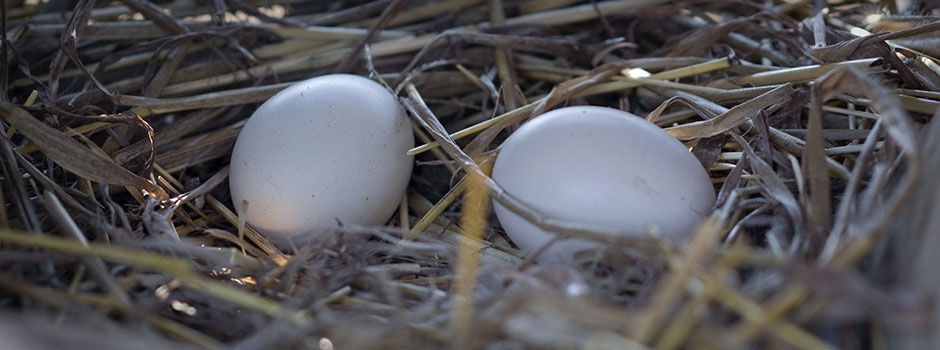- Multi-stakeholder meetings
- Focus Area Workshop
- Webinars
- Others
- Virtual Side Event during 1st Session of the COAG Sub-Committee on Livestock , 17 March 2022
- COP25 FAO-GASL Side Event, Madrid, Spain, 12 December 2019
- CFS Side Event, Rome, Italy, 15 October 2019
- International Congress on Silvopastoral Systems, Asunción, Paraguay, 26-27 September 2019
- MSP content workshop, Kansas State University, Manhattan, Kansas, USA, 5-6 March 2019
- Guiding Group Meeting, FAO, Rome, Italy, 26-27 February 2019
- GFFA workshop: Sustainable livestock goes digital
- COAG side event 'AMR in Livestock: Innovation and the Role of GASL', Rome, Italy, 3 October 2018
- Guiding Group Meeting, Rome, Italy, 2-3 October 2018
- Guiding Group Meeting, Rome, Italy 6-7 March 2018
- Guiding Group Meeting, Rome, Italy 30 September 2016
- Guiding Group Meeting, Panama City, Panama, 23 June 2016
- Guiding Group Meeting, Rome, italy 12-13 April 2016
- Guiding Group Meeting, Geneva, Switzerland 16-17 September 2015
- Outreach Event: Livestock in Sustainable Development, 17 September 2015
- Guiding Group Workshop, Rome, Italy 27-28 April 2015
- Investing in Sustainable Livestock. Fribourg, Switzerland , 4-5 June 2014
- Global Forum for Food and Agriculture. Berlin, Germany 1-18 January 2014
- Civil Society Dialogue. Ahmedabad, India, 27-29 September 2013
- Multi-Stakeholder Action for Sustainable Livestock. Rome, Italy 17 June 2013
- Interim Preparatory Committee Meetings 2011-2012
- Workshop: Turning the Agenda into Concrete Action. Rome, Italy 18 September 2012
- Briefing to the FAO Perm reps. Rome, Italy 8 February 2012
- Waste to worth
Integrated Manure Management Component Start-up Meeting
23-24 January 2014, Rome, Italy (FAO Headquarters)
The start-up meeting of the Livestock and Manure Management component (LMM) of the Climate and Clean Air Coalition (CCAC) brought together for the first time the members of the implementing team.[1] It comprises FAO, Wageningen University, the United States, Canada, the International Livestock Research Institute (ILRI), the Tropical Agricultural Research and Higher Education Center (CATIE), the Stockholm Environment Institute (SEI) and the CCAC secretariat.
The meeting also convened the LMM Advisory board.[2]
The LMM members elaborated a work plan for phase I of the project and proposed activities and focused on refining their strategy and implementation plan for Phase II. ToRs were also drafted for the Advisory board.
Nine representatives of developing countries (Bangladesh, Mexico, Ethiopia, Vietnam, Thailand, Kenya, Brazil, Ghana, Argentina, Costa Rica) brought their experience and provided inputs to the discussions.
Background: The Climate and Clean Air Coalition (CCAC) is a voluntary and collaborative partnership uniting governments, intergovernmental organizations, the private sector, and civil society in the first global effort to treat short-lived climate pollutants (SLCPs) such as methane, black carbon, and many hydrofluorocarbons (HFCs) as a collective challenge.
Aggressive action on these pollutants could head off 0.5 degrees C of warming by 2050, prevent over two million premature deaths each year, and avoid over 30 million tons of annual crop losses by 2030. Since its launch in February 2012, the Coalition has grown from six country partners to 34, brought on organizations like the World Bank and UNDP among its 75 international partners, and attracted nearly $50 million in funding pledges and contributions.
Agriculture is one of 10 high-impact global initiatives under the aegis of the CCAC. As part of the Agriculture Initiative, partners have initiated an activity stream focused on achieving SLCP emissions reductions from Improved Manure Management in the Livestock Sector.
1] While remaining independent, this initiative falls under the umbrella of the Agenda.
2] It includes the World Bank, Global Methane Alliance, Global Research Alliance on Agricultural Greenhouse gas, the European Commission, the Livestock and Poultry Environmental Learning Center.







